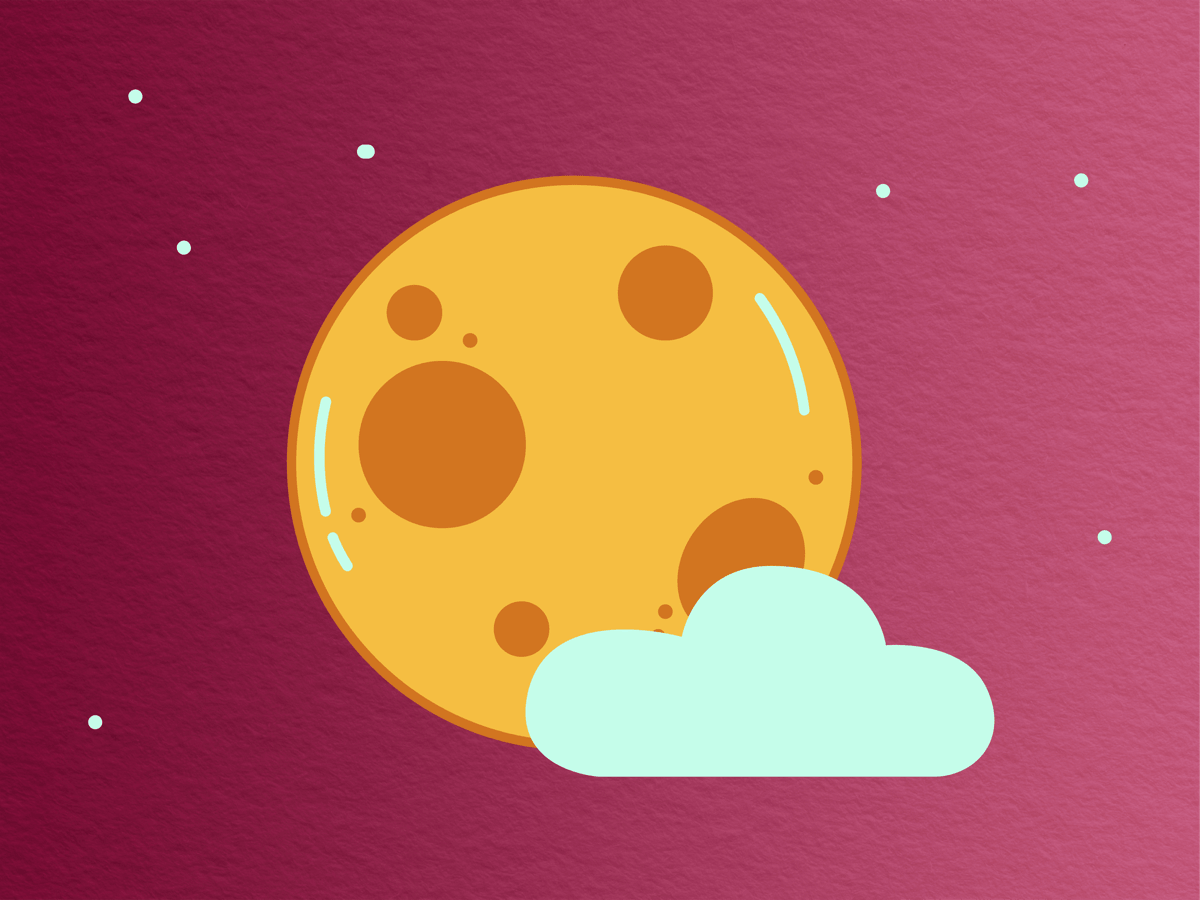Why The Word “Lunacy” Comes From The Moon
How an ancient belief in the mind-altering power of the moon gave us a word.

 Science Diction is a bite-sized podcast about words—and the science stories behind them. Subscribe wherever you get your podcasts, and sign up for our newsletter.
Science Diction is a bite-sized podcast about words—and the science stories behind them. Subscribe wherever you get your podcasts, and sign up for our newsletter.
On December 5th, 2012, a bill landed on President Barack Obama’s desk, meant to do one thing: remove the word “lunatic” from the federal code. This is because in 2012, you could still find the word in laws about banking and controlling estates, among others. And not only was it offensive, it was antiquated—ancient, in fact. The word lunacy comes from luna—Latin for moon. This is because there was a time when we thought the power to change our moods and minds came from the sky.
Read a transcript of this episode.
Miena Hall is a Family Medicine Resident at Adventist Hinsdale Hospital.
Jo Marchant is a science journalist and author of The Human Cosmos.
For a deep history on “madness,” check out Madness in Civilization: A Cultural History of Insanity, from the Bible to Freud, from the Madhouse to Modern Medicine by Andrew Scull.
Meta-analyses and literature reviews haven’t backed up a lunar effect on human behavior, but more recent studies have found intriguing patterns.
Science Diction is hosted by Johanna Mayer. This episode was produced by Johanna Mayer, Chris Egusa, and Elah Feder. Elah is our editor and senior producer. Daniel Peterschmidt composed all the music and designed sound for this episode. Chris Wood mastered. We had fact checking by Danya AbdelHameid. Nadja Oertelt is our Chief Content Officer. Special thanks to Andrew Scull, Chiara Thumiger, who studies ancient medicine, and Janet Downie, Associate Professor of classics at UNC Chapel Hill.
This season of Science Diction is supported by Audible.
Johanna Mayer is a podcast producer and hosted Science Diction from Science Friday. When she’s not working, she’s probably baking a fruit pie. Cherry’s her specialty, but she whips up a mean rhubarb streusel as well.
Elah Feder is the former senior producer for podcasts at Science Friday. She produced the Science Diction podcast, and co-hosted and produced the Undiscovered podcast.
Christopher Egusa is a reporter and an Audio Engineering Fellow at KALW Public Radio.